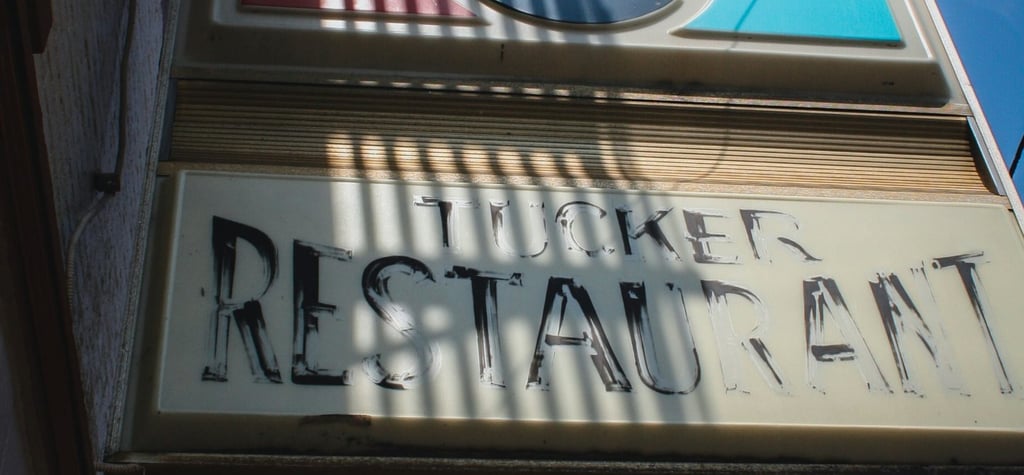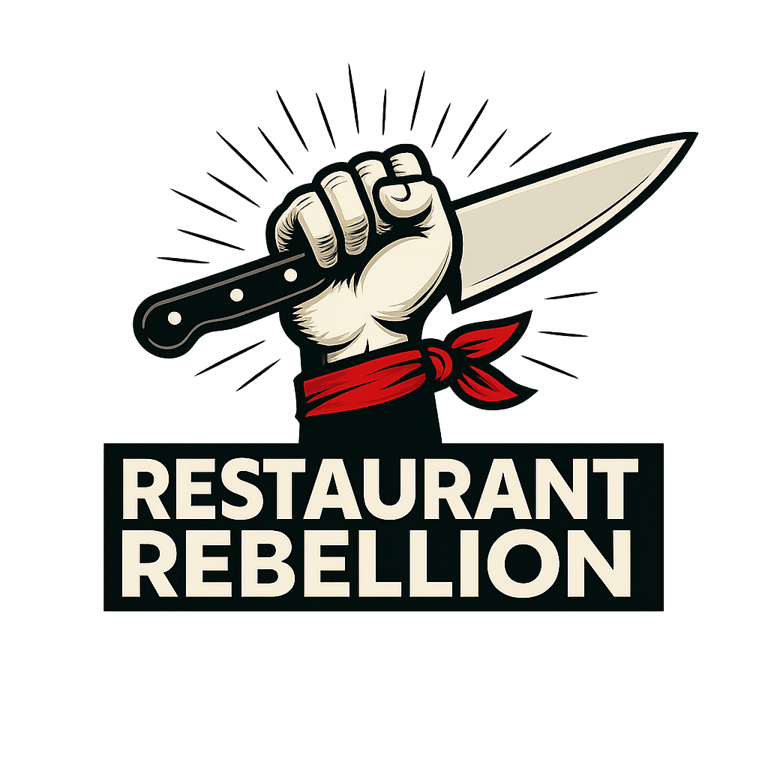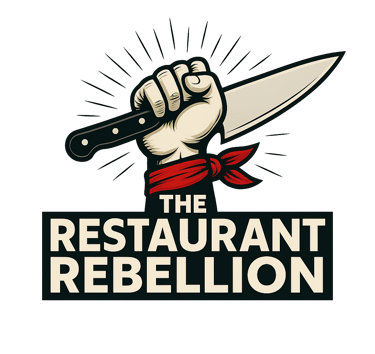The Google Review Discipline Gap: What Strong Restaurant Owners Do Differently
Learn how independent restaurants can improve their Google Reviews, boost Google ranking, and build a simple review-response system that drives more guests through the front door.
Michael Westhafer
11/22/20253 min read


Independent restaurants aren’t getting overlooked online because of their food or service; they’re invisible because their Google Reviews, Google ranking, and online visibility are inconsistent.
In 2025, guests choose restaurants based on what they see online, and the owners who treat Google Reviews like part of their daily operations get more customers through their front door. Full stop.
That online world — the search results, the review feed, the ranking — that’s the real first impression now.
It’s the new host stand or menu posted outside the front door.
And it decides whether a guest gives you a chance or scrolls right past you.
And for today’s guest?
Their decision is made online, not at your front door.
If you’re an independent operator, you already know the grind: juggling prep, dealing with a staff shortage, trying to squeeze in writing next week’s schedule between deliveries and lunch service, fixing equipment that blows up mid-service, and praying nobody calls out on a Saturday.
With all that going on, reviews feel like background noise — something you’ll “get to later.”
But here’s the reality:
Your Google Reviews are the one part of your restaurant every future guest sees before they spend a dollar.
It’s not marketing.
It’s not optional.
It’s your whole operation, for the world to see.
Restaurants that are winning treat it like one of the most important steps in the daily checklist.
THE GAP: REACTION VS. DISCIPLINE
Independent restaurants generally fall into two groups:
1. The Reactive
These operators mean well, but reality gets in the way:
Reviews pile up for weeks.
Responses only go out when a bad one stings.
Emotional replies slip through on tough days.
Some reviews never get answered at all.
Guests don’t see the chaos you’re dealing with.
They just see inconsistency — and they make assumptions.
And assumptions cost you new customers you never even knew you lost
2. The Disciplined
These operators aren’t better cooks or better marketers.
They’re just consistent.
Disciplined restaurants:
Respond to every review within 24 hours — even the 5-stars.
Treat feedback like data, not drama.
Fix small problems before they become big ones.
Show guests they’re paying attention.
Use review patterns to tighten the operation week after week.
Nothing flashy.
Just discipline.
And discipline reads as reliability — something guests trust more than hype or discounts.
WHY DISCIPLINE MATTERS (AND WHY IT SELLS)
Guests don’t have time to guess.
They don’t want surprises.
They want to feel confident their money is well spent.
When a guest sees a restaurant that:
responds quickly
owns mistakes
explains improvements
shows appreciation
…it signals something powerful:
“These people care. These people pay attention. These people run a tight ship.”
That level of trust leads directly to more sales, because it removes the uncertainty that keeps people choosing chains over independents.
A sloppy reputation?
Guests keep scrolling.
A disciplined reputation?
Guests take the chance.
WHAT SMART OPERATORS DO DIFFERENTLY
Smart operators don’t wing it.
They build a simple system they can actually keep up with — even on the busy days.
1. They give reputation a time slot
Ten minutes a day. Same time, every day.
Like doing a line check — quick, clean, necessary.
2. They stay unemotional with criticism
Bad reviews aren’t personal.
They’re information wrapped in attitude and frustration.
Smart operators read the information.
3. They respond with clarity and ownership
A calm, steady voice earns respect.
Guests want to see humility and authenticity, not defensiveness.
4. They use patterns to tighten the operation
If three reviews mention slow service, that’s a workflow issue.
If two in a row mention cold food, that might be a runner or expo issue.
Patterns → problems → improvements.
5. They treat reputation like a public scorecard
Not for ego — for discipline.
They want the world to see they care.
Bonus: Discipline Gets You Ranked Higher on Google
And the big pay off is that this level of discipline doesn’t just make you look good — it directly boosts your Google ranking.
Google rewards restaurants that respond consistently, stay active on their profile, and engage with guest feedback.
When you're answering reviews daily, fixing issues guests point out, and keeping your profile tight, Google sees your business as more relevant and more trustworthy.
That means you show up higher in local search results, which puts you in front of more people who are literally searching for a place to eat right now.
Discipline behind the scenes turns into visibility on the screen — and that visibility turns into real sales.
THE BOTTOM LINE
You’re already doing the hard part:
Running the kitchen, taking care of staff, keeping the doors open.
Reputation discipline isn’t another giant project.
It’s a small, daily habit that changes how your community — and the guests who haven’t met you yet — see you.
And in a noisy marketplace where everyone claims to care, the operator who consistently proves it stands out.
If you want help building a simple, reliable reputation system for your restaurant — something you can actually keep up with during real-world operations — email me. I’m here to support independent owners who want tighter, smarter, more profitable restaurants.
Michael Westhafer, michael@restaurantrebellion.com


